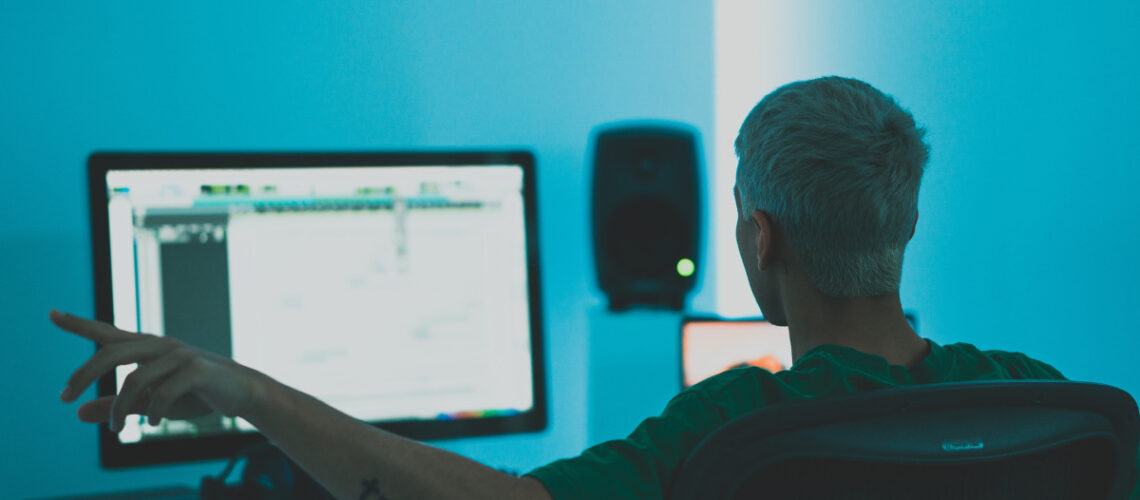In the vibrant world of the entertainment industry, the fusion of creative vision with legal frameworks is pivotal for success. This article aims to guide emerging artists and producers through the maze of legalities, ensuring their creative endeavors are protected and flourish within the boundaries of the law. Navigating this landscape can be daunting, but with the right knowledge and approach, it’s possible to balance creative freedom with legal compliance.
Understanding Copyright Law
The cornerstone of protecting creative work lies in understanding copyright law. Copyright grants artists and producers exclusive rights to their creations, including the right to reproduce, distribute, and display their work. However, it’s crucial to understand the scope and limitations of these rights. For instance, using existing works may require permissions or fall under fair use, a complex area best navigated with legal advice. As Leila Gordon, an expert in media law, advises, early consultation with a legal professional can prevent future disputes and ensure intellectual property is adequately protected.
Navigating Contracts and Agreements
Contracts are the lifeline of any project in the entertainment industry. They define the roles, responsibilities, and rights of all parties involved. Emerging artists and producers must be diligent in understanding and negotiating contracts, whether they are employment agreements, licensing deals, or distribution contracts. It’s essential to clearly outline terms like compensation, credit, and rights to derivative works. In ambiguous situations, seeking legal counsel can help clarify terms and protect one’s interests.
Dealing with Intellectual Property Rights
Intellectual property rights are not just about protecting one’s work; they also involve respecting the rights of others. This includes being mindful of trademarks, copyrights, and patents. For example, incorporating a well-known song in a film or using a brand in a production requires permission from the rights holders. Missteps in this area can lead to legal challenges and financial penalties, making it crucial for artists and producers to be aware of these aspects from the outset.
Balancing Artistic Expression and Legal Framework
One of the biggest challenges for creatives is balancing their artistic expression with legal constraints. While it’s important to push creative boundaries, it’s equally important to understand where those legal boundaries lie. This includes areas like defamation, privacy rights, and obscenity laws. As Leila Gordon points out, understanding these boundaries is not about stifling creativity but about ensuring that creative expressions are legally sound and defensible.
Managing Collaborations and Joint Ventures
Collaborations and joint ventures are common in the entertainment industry, bringing together diverse talents and resources. However, they also bring legal complexities. It’s vital to clearly define the terms of collaboration, including ownership of the final work, profit-sharing, and responsibilities. Written agreements are essential in these situations to avoid misunderstandings and disputes. Regular communication and transparency among all parties can also help in managing these collaborations effectively.
Navigating the Digital Landscape
The digital age has opened new platforms for distribution and monetization but also brought new legal challenges. Issues like digital rights management, online piracy, and streaming rights are crucial for artists and producers working in this space. Understanding the nuances of digital distribution agreements is key to ensuring that creative works are monetized effectively and protected against unauthorized use.
Understanding the Role of Agents and Managers
For many artists and producers, navigating the legalities of the entertainment industry can be overwhelming. This is where agents and managers come into play. They can offer invaluable assistance in managing contracts, negotiations, and legal issues. However, it’s important for creatives to understand the role and limitations of these representatives. As Leila Gordon advises, always ensure that agents and managers have your best interests at heart and are transparent in their dealings.
Staying Informed and Proactive
The legal landscape of the entertainment industry is continually evolving, with new laws and regulations emerging regularly. Staying informed about these changes is crucial for artists and producers. This can involve subscribing to industry newsletters, attending workshops, or consulting with legal professionals regularly. Being proactive in understanding and adapting to these changes can save creatives from legal pitfalls down the road.
Navigating the legalities of the entertainment industry is a critical aspect of any creative endeavor. By understanding and respecting copyright laws, effectively managing contracts, and balancing creative vision with legal constraints, artists and producers can protect their work and thrive in this competitive industry. As professionals like Leila Gordon illustrate, integrating creative vision with legal frameworks is not just about compliance; it’s about empowering creatives to achieve their artistic and commercial goals within a secure legal framework. With the right approach and resources, emerging artists and producers can navigate these challenges successfully, paving the way for a fruitful and legally sound creative career.

